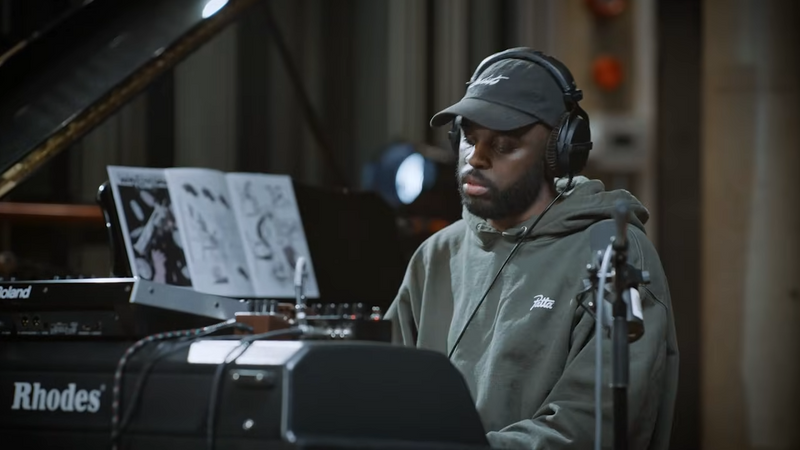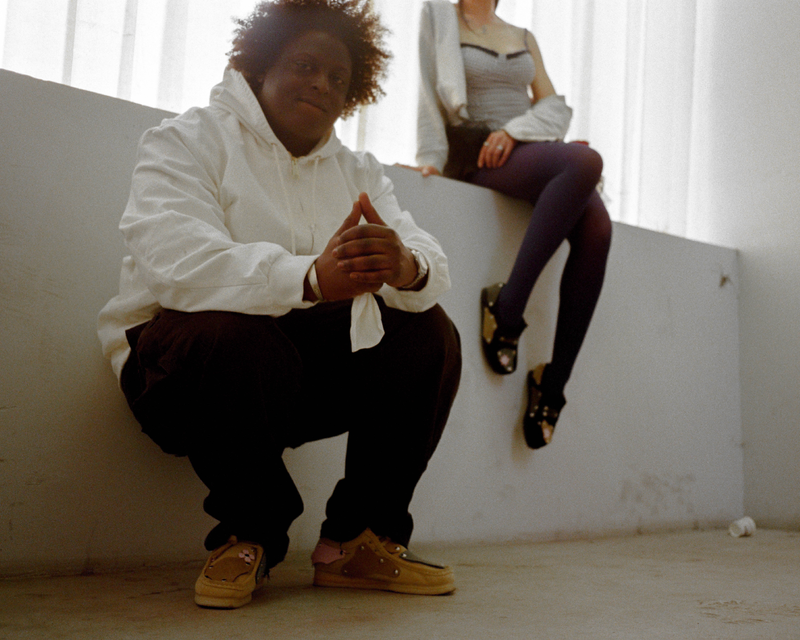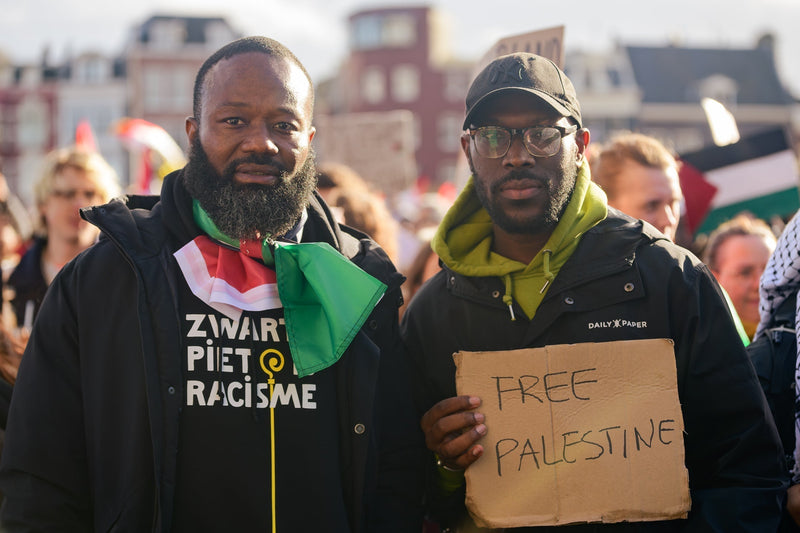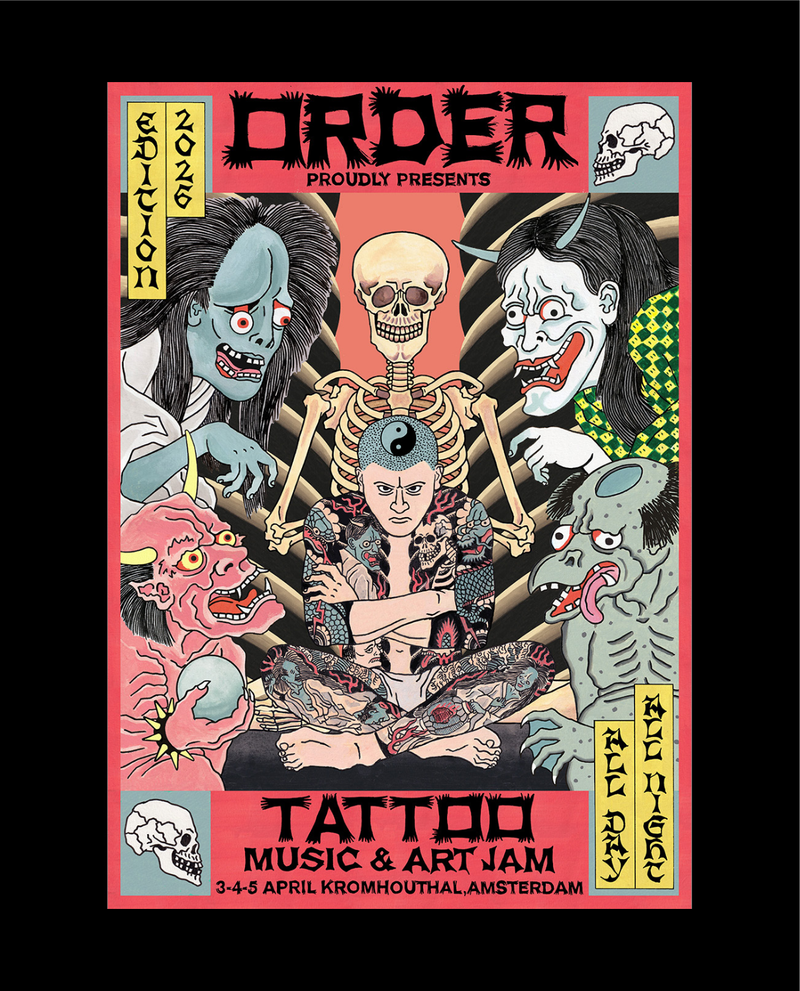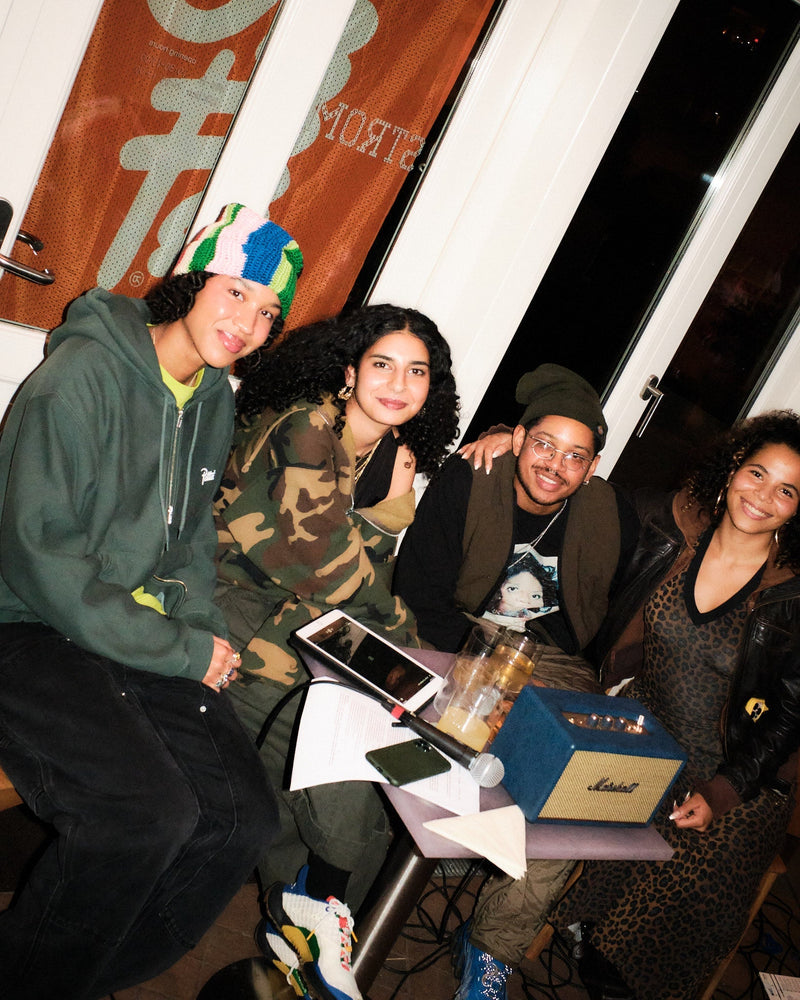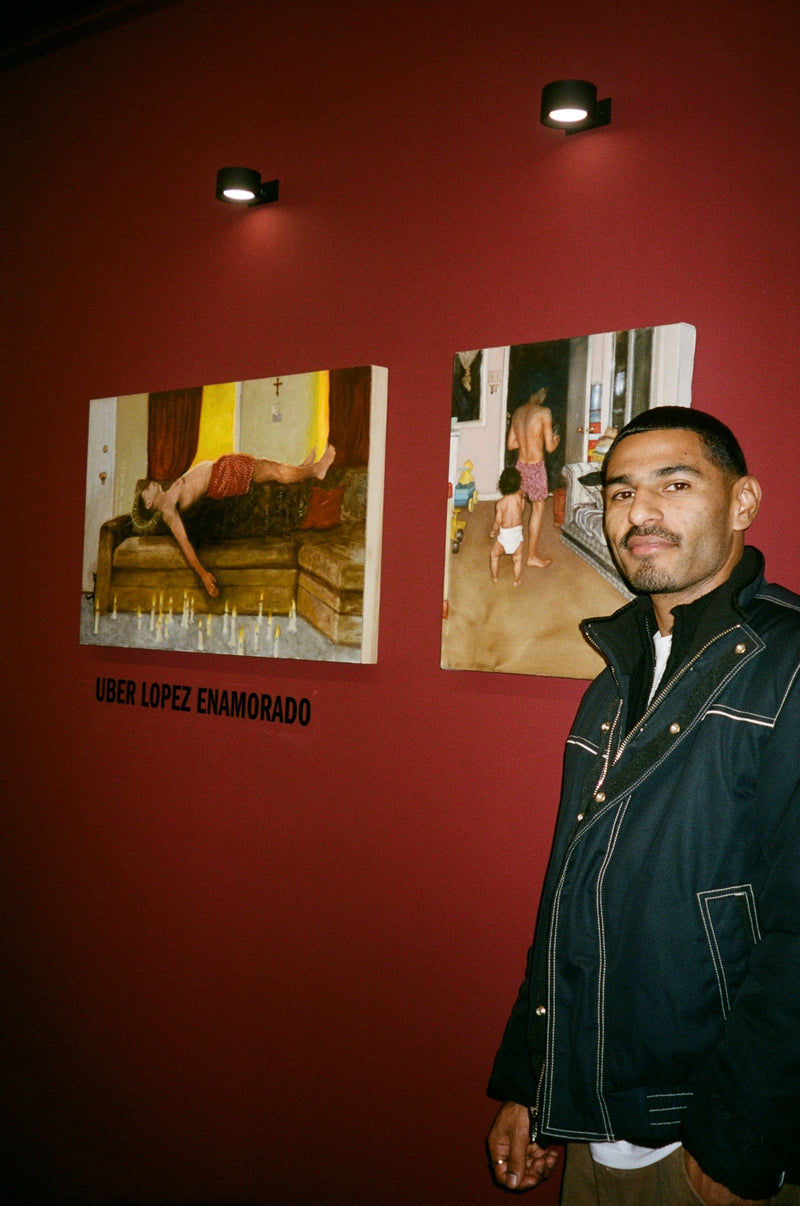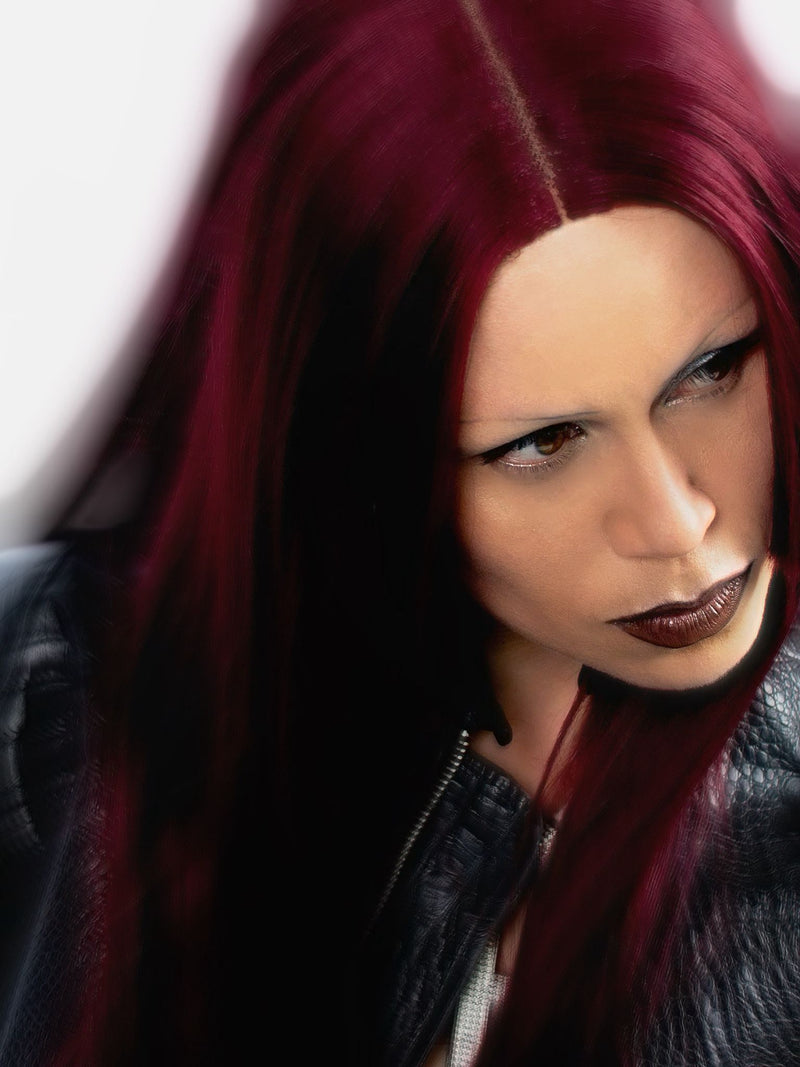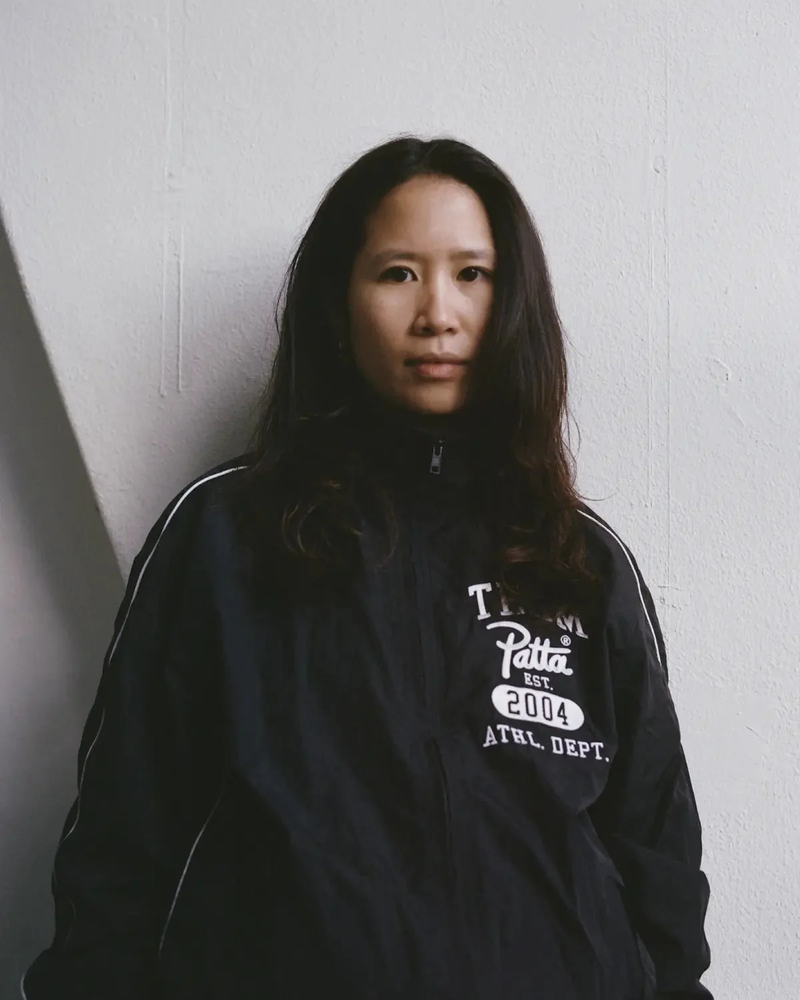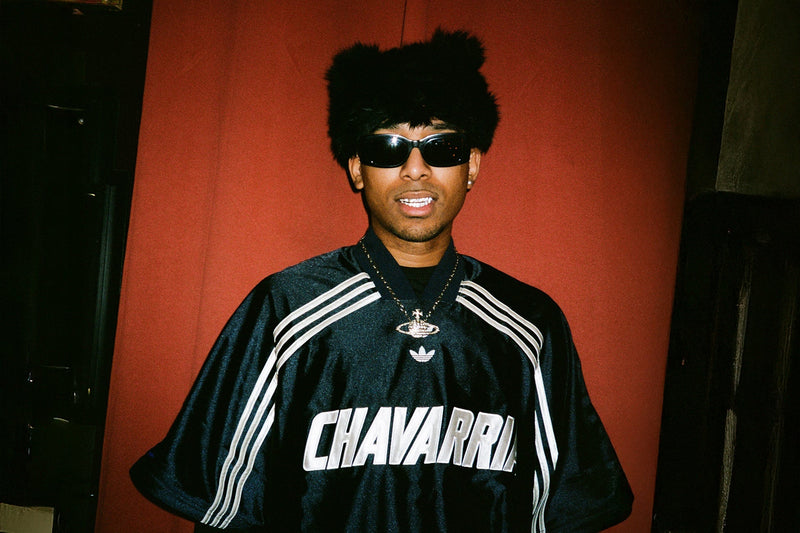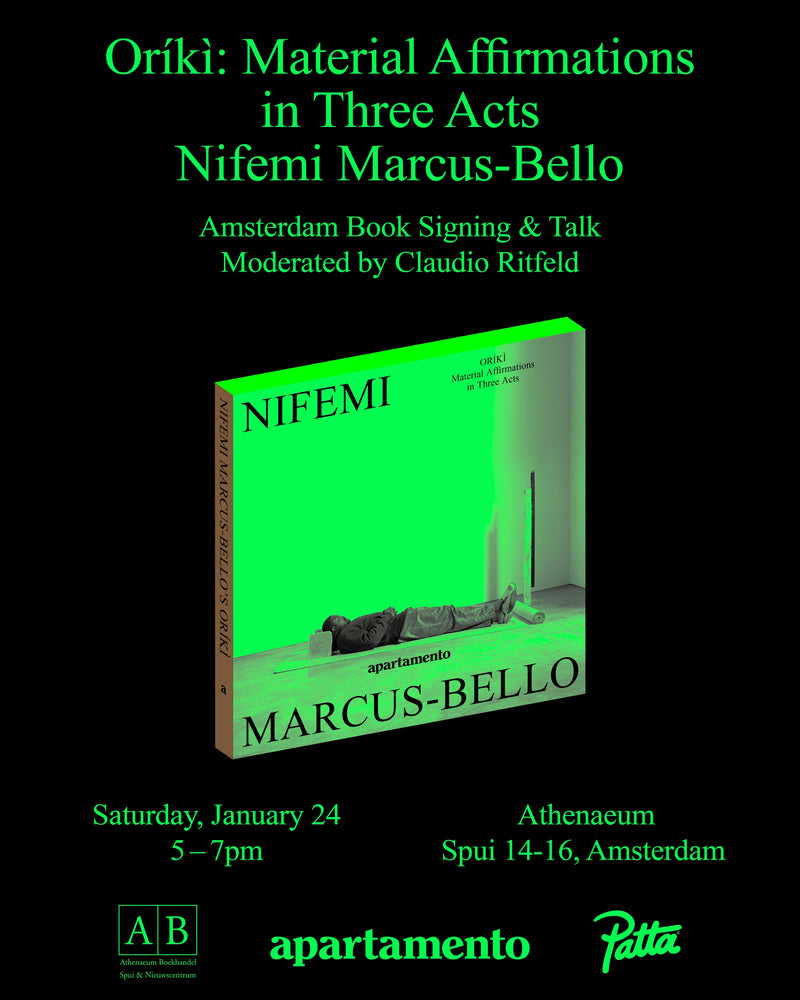
Get Familiar: Loyle Carner
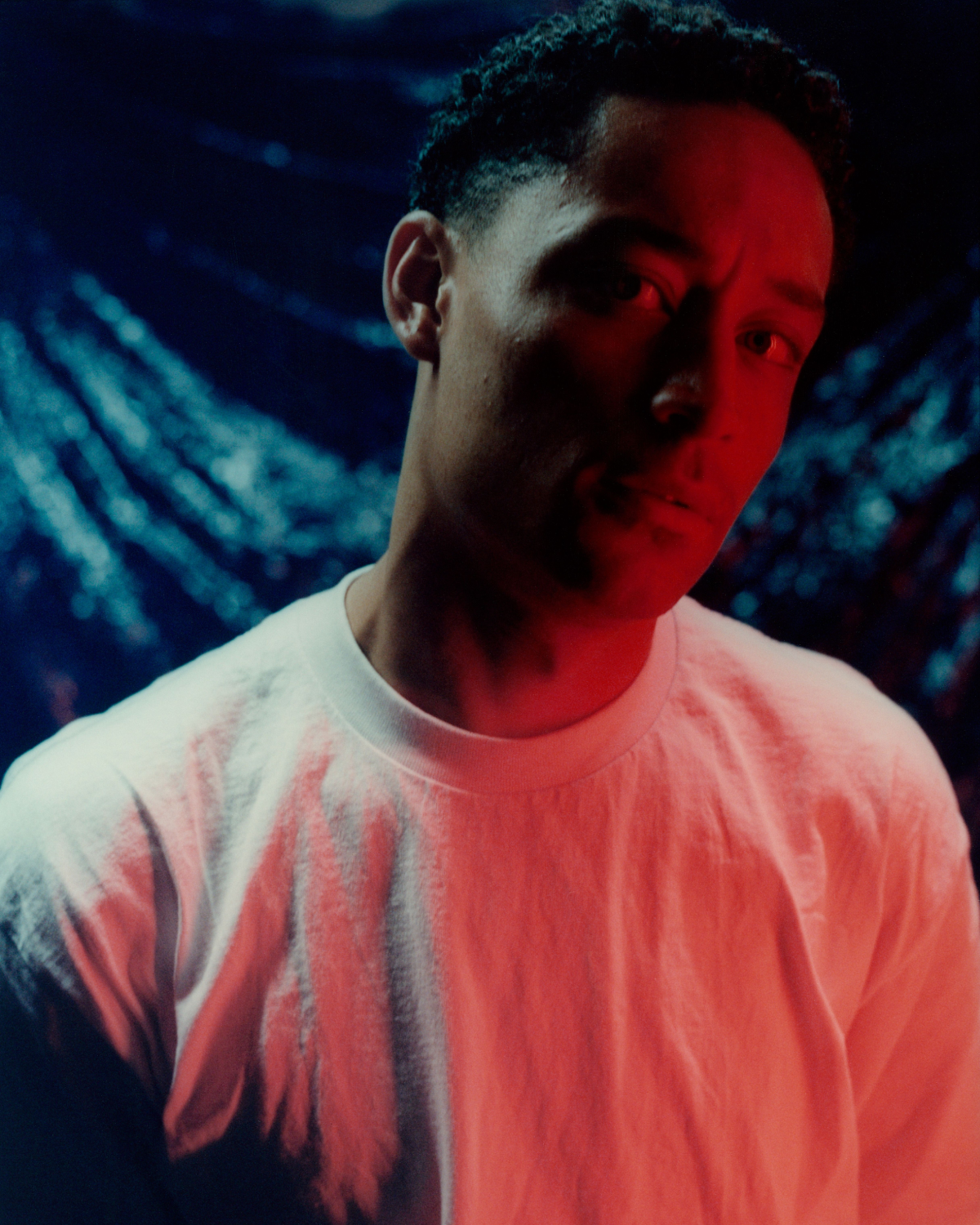
Loyle Carner wants us all to “shut up and listen”, nicely. The London-born and based rapper has been steadily carving a lane for himself for the best part of a decade with his trademark of confessional and clever lyricism over jazzy beats.
Softly-spoken and doe-eyed, real name Ben Coyle-Larner, joins me for a call over Zoom from his baby's bedroom at his home in Hackney. He defies the rap stereotype to such an extent it has almost become a cliche to say so. Yet the looks—which have earned him modelling gigs with both Nike and Yves Saint Laurent—can be deceptive, and underneath the surface is complexity and pain, showcased to stunning effect on his new album.
Carner goes inward for inspiration on hugo, his third and finest album yet, exploring a dysfunctional relationship with his biological father, becoming a recent dad himself, and what it means to be a young, successful, black and mixed-race artist.
Photography by Jack Davidson and Sirus Gahan
Words by David Kane
You attended the BRIT School as a teenager; what was that experience like?
I thought it was brilliant to have a place where you could fail behind closed doors, essentially. Everything is broadcasted and shared now, so you can't start without everyone already seeing your shit and thinking it is wack. (And), you know, all of my early shit was wack, so it was nice to be in a place without judgement.
I was studying theatre because I wanted to write plays, and I just loved it for that. It was a weird place, like any school, especially one that focuses on the arts.
You grew up with grime, but your music isn’t like that. Early in your career, you collaborated with Jehst; I see your music as part of the UK hip-hop lineage. How do you see it? And what do you think is the current state of the union for British rap?
I mean, there's unity for sure. But I've always felt like a bit of an outsider, in a nice way. And that's given me a more honest perspective and more of an open perspective.
I've been struck by the love that even I get, you know, on the fringes of this rap thing from guys that I grew up with, guys like Kano and Ghetts. And on the other side, (people) like Rodney P, Jehst, and Klashnekoff. All I ever wanted to be was a link in the chain, to take it from where it was before and allow another generation to love it as much as me.
I was listening to your last album earlier, Not Waving, But Drowning, and there’s the Stevie Smith poem recited on the title track. We British seem to do nostalgia well. What’s your take on that?
There's a bit of arrogance missing from British culture, and that's a good thing for personal relationships. But, in art, there needs to be a newfound confidence. (Some) people have been leading that charge for a while. Guys like Skepta can kind of go, ‘Fuck that, I don't care.’ But, you know, that's the African influence. It's like a lot of my Nigerian friends have this beautiful…what they would call arrogance, but I call it self-confidence.
We just need to step away from the humbleness a little bit because no one else will tell your story for you. You have to tell it. And if you don't, someone else will say it wrong. So it is about promoting yourself and being proud of yourself.
It's funny you mentioned Skepta. Did you see that thing with Sotheby's recently?
Yeah, brilliant.
And he was being interviewed and was like, ‘Yeah, I'm a rapper. And I'm one of the greatest.’ I just loved how flippant he was with it. And in those circles, it's great to see.
That's because every rapper in America says that, and it's not weird.
And it's not true.
The Game says every day, ‘I'm the best, ’ and The Game isn't the best. We all know that. He's not in the top 50, maybe the top 100.
Of the 21st century.
Yeah. I mean, that's the thing in America; it's not weird. Everyone says it. In the UK, Skepta says it. And it's a fact. He's one of the greatest from the UK of all time.
Hugo is partly an album about your experience as a black, mixed-race artist. When did you first become aware of the particularness of your identity?
I think probably primary school, just going in and seeing my friend's parents and being like, ‘what? why are they not all different?’ You know, like, my white friends had white parents, My black friends had black parents. And I was confused because I just kind of thought you just came out…however.
So that was probably the first time, but it wasn't talked about. I internalized it a lot. When you're young, you don't realize it until you look back. But I was treated like a bad kid and all this stuff just because I was darker skinned than some of my counterparts. But then also didn't; it's complicated.
That's what this album is about. Some of it is specific to my lived experience. But the whole album is about many things: forgiveness, fatherhood, and not fitting in is the big thing.
The album also explores your relationship with your biological father and touches on your experience of becoming a dad. That must have been quite exposing; how did you get into that headspace and out of it?
The only thing that's beautiful about working like this is it's exhausting, but it's real life. So essentially, it wrote itself.
I had a child and finally found some inspiration I'd been looking for. And I started writing again, and I was reconnecting with my father. I had to reconnect with him for my son to see his black lineage, you know, his ancestry, and his family.
So on this journey, I began to dig up this shit that maybe I had buried with my father. And I hated him, and I was angry with him. And he taught me to drive over the lockdown in his car. So we had a really beautiful space to air this out.
And so the whole album is just the process of learning how to forgive not only my father but myself (too).
So this reminds me of a point EL-P made when I interviewed him earlier in the year. It was 20 years since his first album, Fantastic Damage. And he used that album to exorcise the demons of his abusive stepfather. And he talked about how the writing process allowed him to heal, and it was something he became addicted to.
I think that's the point, though. It's beautiful to hear that because I'd never even thought about it like that. Because this shit caused me a lot of fucking pain then, putting the music out to the world and letting people judge my life sucks.
Like the blessing and the curse?
Precisely. Because (the album is) about to come out, I'm excited because I'm proud of it. But I'm nervous, and I'm giving people a space to, you know, have an opinion on my shit. But the reason I always find myself in this situation is that I cannot stop working through my life like this.
So on that and considering what you mentioned earlier about theatre, do you feel like there may be other art forms you'd like to use to express yourself?
Yeah, definitely. The possibilities are endless, and I don't need to feel shackled.
Why can't I make films or be in films? I would love to write a film or a play. (I would) Never stop rapping, but look at Childish Gambino.
That's a guy who isn't confined by this shit…’You must dress a certain way, do a certain thing.’ And at first, everyone clowned on him. But now people know, and they want to be in Atlanta.
My dream is if can be creative forever, no matter what that is. It's the only thing that keeps me going sometimes.
What art influenced the making of hugo; what were you listening to, reading, and watching?
I was really into Alfonso Cuarón films. Roma especially, but Children of Men as well. There are long takes in those films, making you look closer at humanity and be patient. And I wanted that with this album; it's short, but I wanted to still be able to hold people's attention where I needed to.
(And) Frank Bowling the Guyanese painter. Yeah, I was heavy into him. I went to his retrospective at the Tate with my mum and was moved just by how bold and colourful, and heavy it was.
And then musically, Gil Scott-Heron, Kendrick Lamar, D'Angelo, and Anthony Kiedis (of the Red Hot Chilli Peppers). I got heavy into him (Kiedis) over the lockdown. I loved how he writes so freely. So I read his autobiography and listened to the music, and thought about how I could say more with less.
Madlib produced Georgetown; there’s been talk of a MADLoyle record in the past. Can we expect any more music soon?
Yeah, we’ve got a lot of tracks now. If I could say that to my 18-year-old self…wow. I hope so, I don't know when it will happen, but the core and the bones of a MadLoyle (record) definitely exists!
“Blood on my Nikes” is about knife crime. Threats to kill, involving a knife or sharp instrument have increased by almost 350% between 2011 and 2021, alongside 12 years of austerity measures led by the Conservative government. How does that make you feel?
Now I’m a father; I think that's why I finally made that song. And I think people are surprised by it. People forget, just because I don't talk about it doesn't mean I don't open my door and see (knife crime). Like, I didn't go to school and see it or know people that sadly are gone or went to jail for (it).
I spoke about it because my mum is a teacher, my girlfriend is a teacher, and my auntie teaches. (And) the lack of funding and support, because these people are on the front line. These are the caretakers of our children, really.
And the arts, the after-school clubs, the sports clubs, in a city don't get any love. Because youth club was one of the things that saved my life and allowed me to to be able to love theatre and music and dance as opposed to love making money.
Because you need guidance, kids grow up with no parents around. And even if their parents are brilliant, they're working fucking hard to keep them afloat. What is the little boy to do if mum's out until 11 because she's working nights?
I feel passionate about it, but I think the best thing you can do is listen. So the best thing for even my generation, but definitely for Tory's, is to just shut up and listen.
Kwes is a regular collaborator and produces most of the album; what about that relationship works so well for you?
I feel very safe with him; to me, this was like the start of a new chapter musically, and the closing of a big pocket of my life. And Kwes was like the one piece of the past that I wanted to bring with me, like that piece of comfort into the unknown.
What’s your relationship with fashion these days? I saw you wearing some slick Bape Road STAs. Are you a “sneakerhead”?
I've got too many trainers, man. Gets me in a lot of trouble. I just got the Patta all whites Air Max 1, which I heard has a powerful story behind it.
I like CLINTS in Manchester and (brands) within my community, guys that are making stuff happen. But in fashion in general, I used to listen to Ludacris, Eminem, or Mos Def and like how they used to dress. It wasn't expensive; I just needed a white t-shirt.
If you are young and listen to my shit, you don't need to drop like eight grand on a t-shirt, you know? I mean, be comfortable, be practical.
You’re a big football fan. What are your thoughts on the World Cup in Qatar, and do you have a prediction for the winner?
I can't even let it get deep. I don't think I'll go to the World Cup, which is a shame. But a winner? I don't know, man. What’s going on with Leroy Sane? I was talking to some of my German homies about this before, and I think he's incredible, and I think it would make sense for him to make it into the team. I think Germany (has) got a good shot.
